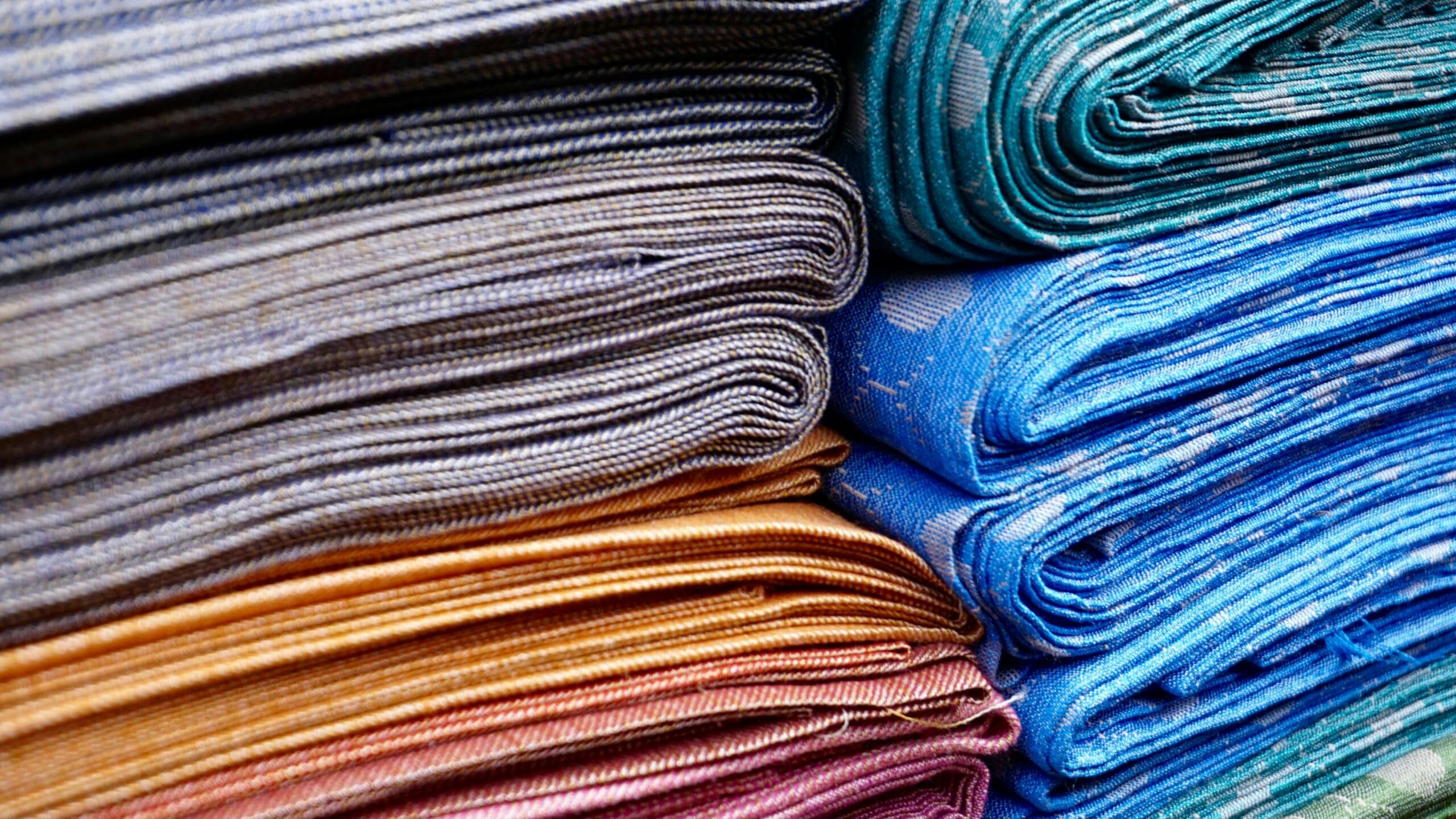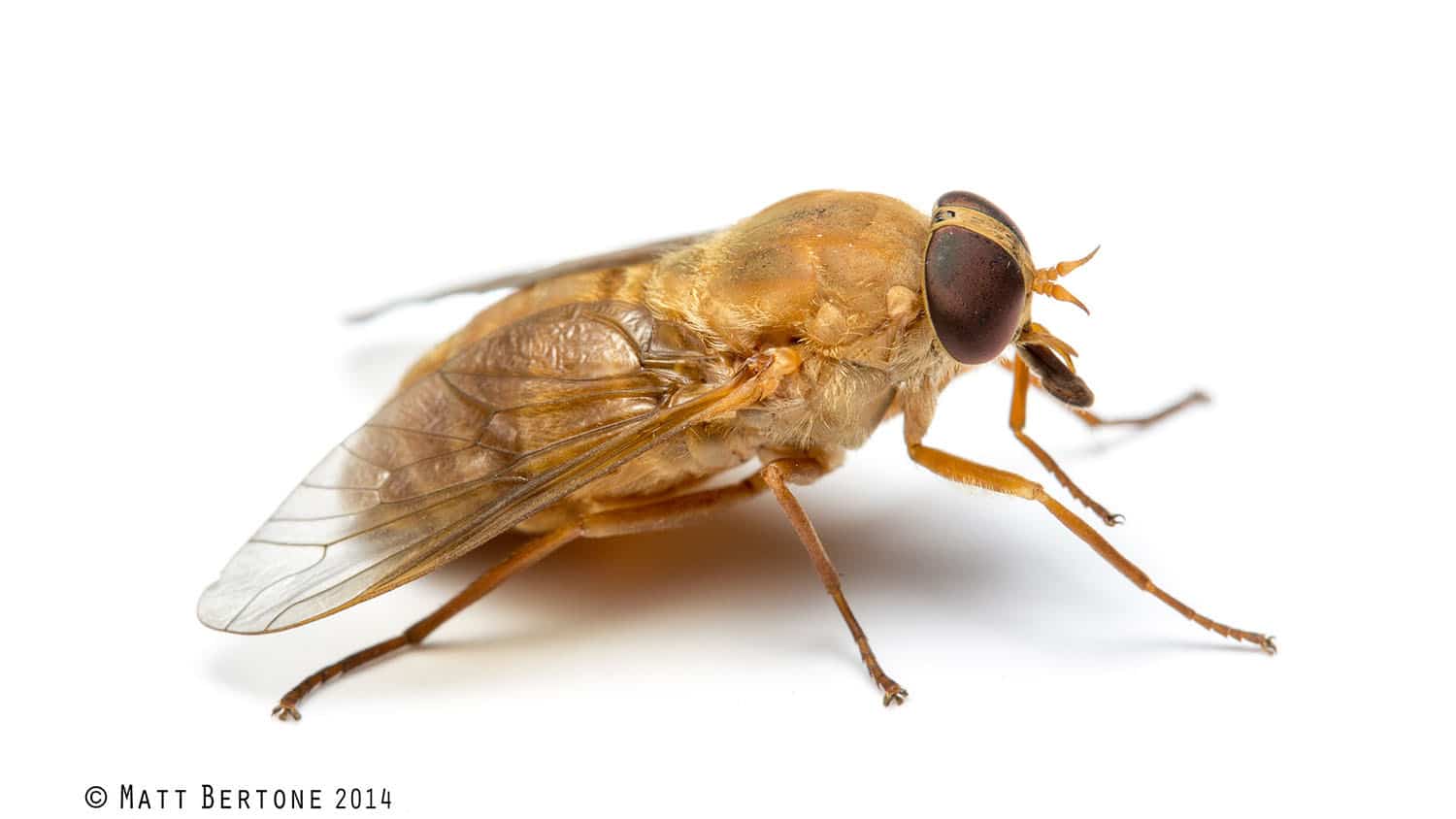Tackling the Mysteries of Everyday Life

For a few years new, science writers at NC State have tried to help folks solve some of the mysteries of everyday life. Why are glasses dry when you open the dishwasher, but the plastic cups aren’t? What’s the difference between baking soda and baking powder? Why can you sometimes see the moon during the daytime? How do bees make honey?
We’ve done quite a few of these, and they’re a lot of fun. They also highlight how science and engineering can help us understand the world around us.
But we’re running out of questions, and we’d like your help. If you’ve got questions about some of the mysteries in your daily life, please let us know – you can include them in the comments section below. We can’t promise that we’ll answer all of them. But we’ll certainly answer as many as possible.
We’re also including a list of all the questions we’ve answered so far (see below). Your question may already be in there!
Why you can see the moon during daylight hours?
How do bees make honey? (It’s not just bee barf!)
What do bees see? And how do we know?
Why does water freeze before alcohol does?
Why doesn’t wine freeze? And do vacuum-sealing stoppers keep wine ‘fresh’?
How does my dog always know when I’m coming home?
Does the tryptophan in turkey really make you sleepy?
If eggnog has eggs in it, why is it safe to drink?
Does fruitcake really last forever?
How should I clean my cutting board? When do I need to replace it?
What’s the best way to wash microbes off fruits and vegetables?
How can I wash the pesticides off of my food?
What’s the difference between baking soda and baking powder?
Why do we feed bland food to babies?
Do children really need a daily vitamin?
How do they make seedless watermelons?
What makes Spider-Man’s web so strong?
Why doesn’t plastic dry as easily as glass in the dishwasher?
- Categories:


